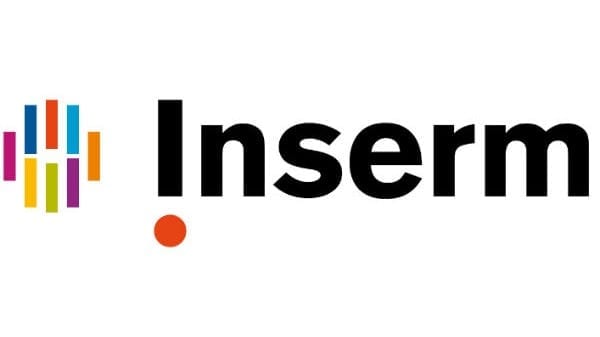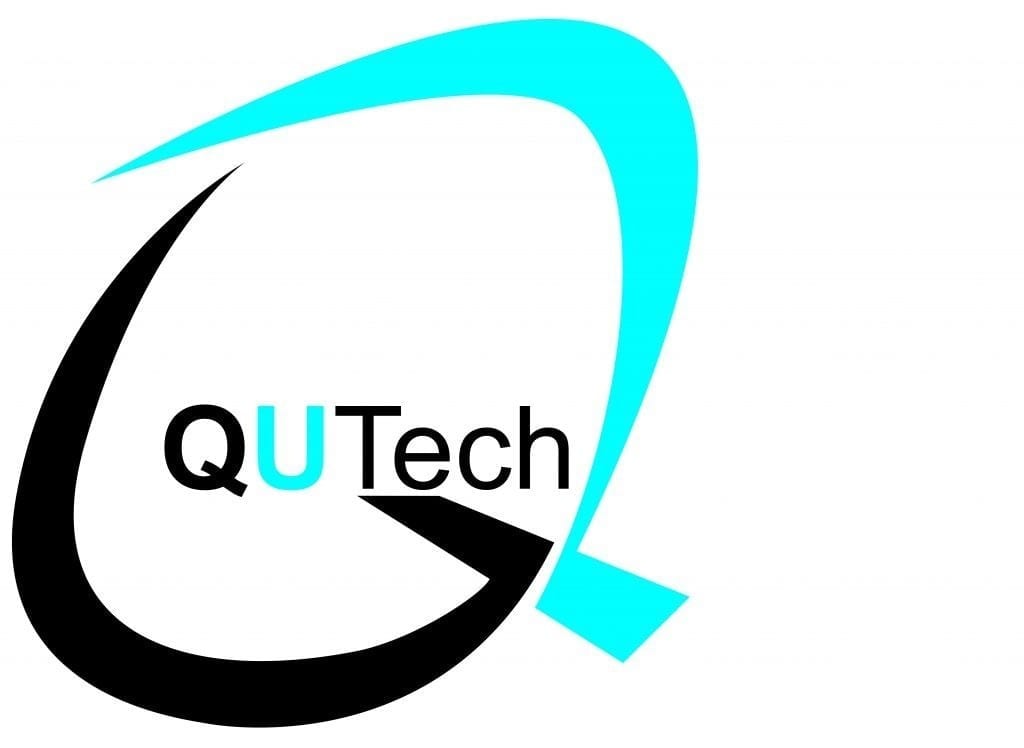
Introduction:
Welcome to the French Institute of Health and Medical Research (Institut national de la santé et de la recherche médicale or Inserm), France’s premier research institute dedicated to medical research and human health. Since its inception in 1964, Inserm has been at the epicenter of breakthroughs in understanding and treating diseases. With a commitment to excellence, innovation, and multidisciplinary collaboration, Inserm stands as a global leader in the biomedical and public health sectors.
History:
Inserm was established to foster cutting-edge research in the fields of health and medicine, addressing both fundamental and translational aspects. Over the decades, it has played a pivotal role in promoting health research, contributing significantly to advancements in medical science. The institute’s focus spans from molecular biology and genetics to public health and therapeutic innovations, embodying a holistic approach to tackling health challenges.
The Latest Bing News on:
French Institute of Health and Medical Research
- Emulsifiers in processed foods may increase risk of diabetes
Emulsifiers -- substances that are essential ingredients in processed foods -- appear to increase people's risk of Type 2 diabetes, a new study finds.
- Health warning as common foods including bread that have been linked to diabetes
New research shows that certain additives found in common ultra-processed foods could increase the risk of type 2 diabetes. Emulsifiers, a group of 'E numbers', are often found in certain products ...
- French lawmakers to probe Polynesia nuclear tests
A study published by the French National Institute of Health and Medical Research (INSERM) last year found that the nuclear tests slightly increased the risk of thyroid cancer for local people.
- Research Symposium
Save the date for the 2024 UAB Health Equity ... a fellowship in medical oncology at the National Cancer Institute. He is board certified in Internal medicine and medical oncology. April, a month that ...
- University Of Maryland’s New Institute For Health Computing Promises Big Advances
The University of Maryland Strategic Partnership: MPowering the State (MPower) has announced that it is establishing an Institute for Health ... research universities and academic medical centers ...
The Latest Bing News on:
French Institute of Health and Medical Research Discovery
- ‘No one’s being honest about it’: how NHS crisis forces patients to go private
Long waiting lists are creating a boom in the medical insurance market, leading to fears of a long-term change in attitudes to the health service ...
- The Fashion Influencers of the French Revolution
Liberty Equality Fashion” explores radical shifts in fashion that embodied the ideas of the French Revolution and the women who led the charge.
- AI-Driven Drug Discovery by Pfizer and Austrian Institute Set to Transform Healthcare
Pfizer, the top pharmaceutical firm, and the Research Center for Molecular Medicine of the Austrian Academy of Sciences (CeMM) have developed an AI-driven drug discovery method The novel approach, ...
- Pfizer collab with Austrian research institute leads to new AI models for drug discovery
A three-year collaboration between Pfizer and the Research Center for Molecular Medicine of the Austrian Academy of Sciences (CeMM), has resulted in a new AI-driven drug discovery method that could ...
- Future of Humanity Institute shuts: what’s next for ‘deep future’ research?
Some future shocks are hard to avoid — as researchers at the 19-year-old Future of Humanity Institute (FHI) at the University of Oxford, UK, discovered last week, when the institute was shut down in ...
Top 10 Innovations:
- Pioneering Gene Therapy Techniques: Inserm researchers have been instrumental in the development of innovative gene therapy methods to treat genetic disorders.
- Advancements in HIV/AIDS Research: Significant contributions to understanding and treating HIV/AIDS, including key insights into the virus’s life cycle and resistance mechanisms.
- Breakthroughs in Cancer Therapy: Developing novel therapeutic strategies and targeted treatments for various types of cancer.
- Neuroscience and Neurodegenerative Diseases: Groundbreaking research in understanding brain function and tackling diseases like Alzheimer’s and Parkinson’s.
- Cardiovascular Disease Research: Pioneering work in understanding the mechanisms of heart diseases and developing new treatment approaches.
- Stem Cell Research: Contributing to major advancements in stem cell biology and its therapeutic applications.
- Innovations in Public Health: Leading research in epidemiology and public health to inform policy and improve health care systems.
- Vaccine Development: Contributions to the development of vaccines, including those for COVID-19.
- Understanding Metabolic Diseases: Advancing knowledge in metabolic disorders like diabetes and obesity.
- Telemedicine and Digital Health Innovations: Pioneering work in telemedicine, enhancing access to health care and monitoring.
Top 10 Innovators:
- Jean Dausset: Nobel Laureate for his work in immunology, particularly in the discovery of the major histocompatibility complex.
- Françoise Barré-Sinoussi: Awarded the Nobel Prize for her co-discovery of the human immunodeficiency virus (HIV).
- Luc Montagnier: Sharing the Nobel Prize with Barré-Sinoussi for the discovery of HIV.
- Axel Kahn: A renowned geneticist known for his work in molecular genetics and bioethics.
- Philippe Sansonetti: His groundbreaking work in microbiology has provided deep insights into infectious diseases.
- Alain Fischer: Known for his pioneering work in the field of pediatric immunology and gene therapy.
- Jules Hoffmann: Nobel Prize in Physiology or Medicine for discoveries concerning the activation of innate immunity.
- Margaret Buckingham: Recognized for her contributions to developmental biology and stem cell research.
- Catherine Lubetzki: Notable for her work in neurology, particularly multiple sclerosis.
- Gilles Thomas: A prominent figure in the field of genetic epidemiology and the study of genetic diseases.
The French Institute of Health and Medical Research (Inserm) represents a beacon of hope and innovation in the pursuit of understanding human health and disease. Through its relentless dedication to research and discovery, Inserm continues to make monumental contributions to medical science, improving lives and shaping the future of healthcare.
Created by ChatGPT (ChatGPT can make mistakes. Consider checking important information.)










